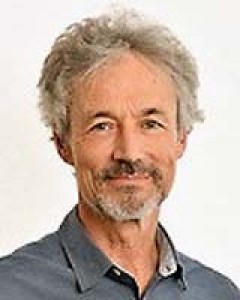Now published, see the full article 
Early Abstract:
Context: Migrant agricultural workers’ (MAWs) intersecting vulnerabilities impact both their health and their access to health care in rural areas yet rural clinicians’ voices are rarely documented.
Purpose: To explore health professionals’ perspectives on health care for MAWs in sending countries and rural Ontario.
Methods: Qualitative research design over three distinct projects, using a multi-methodological approach including semi-structured interviews in Mexico, Jamaica and rural Ontario (n=43), and session field notes and questionnaires administered to health care providers (n=65) during knowledge exchange sessions in rural Ontario. A systematic analysis of these data to identify common themes used Nvivo initially and then MSExcel for application of a framework approach.
Results: Structural challenges posed by migrant workers’ context included: difficulties preventing and managing work-related conditions, employers or supervisors compromising confidentiality, and MAWs’ fears of loss of employment and return to countries of origin prior to complementing treatments. Structural challenges related to health services included: lack of adequate translation /interpretation services and information about insurance coverage and MAWs’ work and living situations; scheduling conflicts between clinic hours and MAWs’ availability; and difficulties in arranging follow-up tests, treatments, and examinations. Intercultural challenges include: language/ communication barriers; cultural barriers /perceptions; and limited professional knowledge of MAWs’ migration and work contexts and MAWs’ knowledge of the health care system. Transnational challenges arose around continuity of care, MAWs leaving Canada during/prior to receiving care, and dealing with health problems acquired in Canada. A range of responses were suggested, some in place and others requiring additional organization, testing and funding.
Conclusions: Funding to strengthen responses to structural and intercultural challenges, including research assessing improved supports to rural health professionals serving MAWs, are needed in rural Canada and rural Mexico and Jamaica, in order to better address the structural and intersecting vulnerabilities and the care needs of this specific population.



